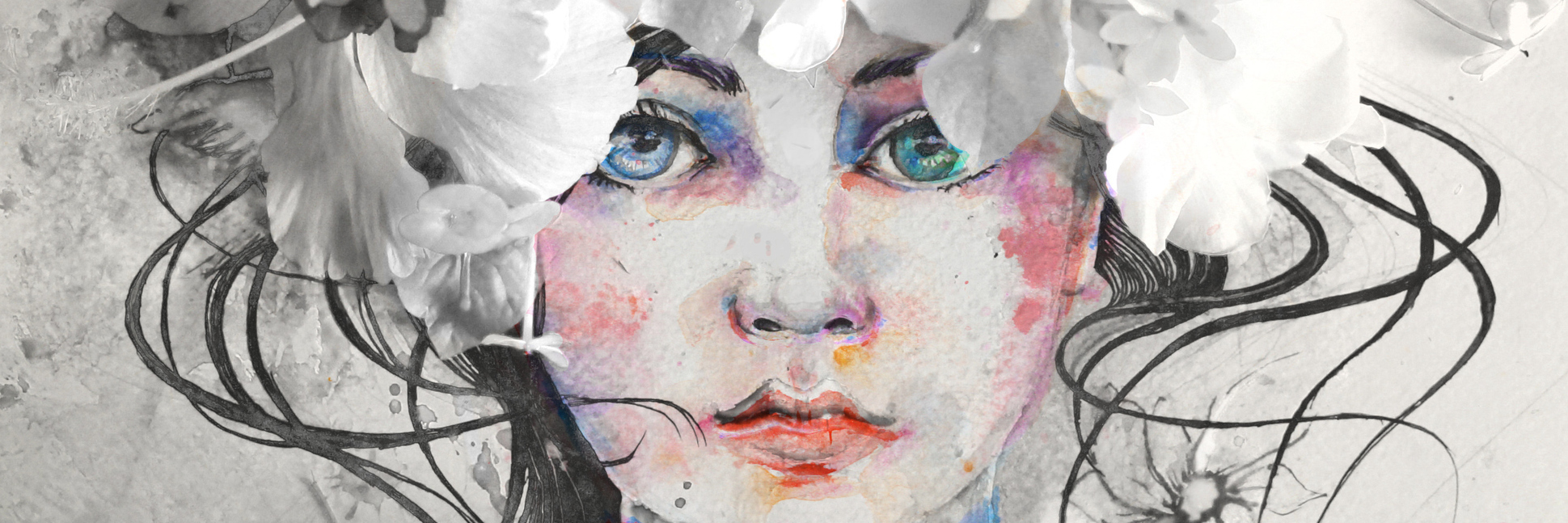Being diagnosed with postural orthostatic tachycardia syndrome (POTS) just over a year ago was a shock. I entered the doctor’s office assuming I was being silly and I left with a diagnosis, a help sheet, and so many questions. I remember frantically searching the internet for the life expectancy of someone with POTS (spoiler alert: it’s the same as, or even higher than, the typical average – depending on which articles you use). Hours were spent trawling through scientific journals and charity resources, as well as some “fake news,” to discover what caused POTS and how I could fix myself. Unfortunately, it seems I can’t.
There isn’t a surgery or a course of treatments or a quick-fix medication to take. When I discovered this, my heart dropped through the floor. How could there not be a cure? Was I just supposed to give up any chance of the life I had anticipated having? Utter despair.
However, after moping and crying and hunting for a magic medicine which would heal me, I realized something. I was flicking from tab to tab on my browser, reading page after page, but I wasn’t understanding how POTS impacted me. I didn’t take the time to consider my worst symptoms and practical measures which could improve them. By ignoring the suggestions for improvement and focusing on the onslaught of new information and the minuscule chance of a cure, I was robbing myself of the opportunity to improve – even slightly. My outlook changed immediately. I re-visited websites and noted down their tips for managing POTS instead of the most common symptoms. Rather than complaining in Facebook groups, I asked what successful adjustments the members had made and experimented with them.
I’ve discovered that there are changes I can make to minimize my symptoms – so that, rather than being greeted with static upon standing up, I now just wobble.
It hasn’t been easy. Like the thorny devil lizard, which hydrates through its skin in sweltering temperatures, I’ve had to adapt in order to cope. I now drink more than three liters of water each day. In my bag, there’s now a packet of crackers to increase my salt levels if necessary. Utilizing the spoon theory allowed me to explain my energy levels to family members; I could tell them how I felt without it being misconstrued as simply “tired.” They no longer had to attempt telepathy to understand how much more I could cope with.
Sometimes, life gets in the way of my carefully curated management plan. Due to a late night, being too rushed to drink my water, or merely chance, I have days when I regress to my earlier self: too afraid to stand up, too frightened to look past the statistics and to just try. On those days, I revert to doing whatever is necessary. I hide away from the world. However, I know that I can – and will – emerge from the dark and return to relative normalcy. Adjustments have been made. My life may not be what I had anticipated, but it is still so worthwhile.
I know that I may not ever get better. I also know that I can improve more than I thought possible.
Follow this journey on A Side of Spoons.
We want to hear your story. Become a Mighty contributor here.
Thinkstock Image By: Dreya Novak

